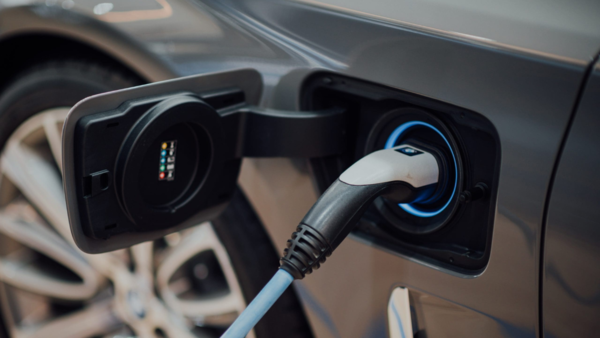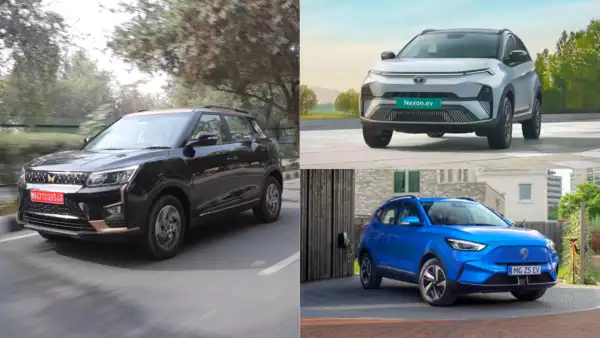
The cost of buying an electric car is definitely higher than a petrol car and one of the major reasons for this price difference is the battery pack. Nonetheless, Indian automakers have started offering huge discounts on their electric cars as battery costs sseem to be heading South. For example, Tata Motors recently cut down the prices of the Nexon EV by up to Rs 1.2 lakh while the Tiago EV got a reduction of up to Rs 70,000. Similarly, MG Motor India too offered discounts of up to 1 lakh on the ZS EV and Comet EV. Also, as demand for EVs increases, the cost of buying one will further come down in the near future.

Presently, one has to pay a premium of 20-30 percent over a similar petrol vehicle while buying an electric car. Comparing the cost of a petrol and electric car, the price for the top-of-the-line Tata Nexon petrol costs Rs 15.6 lakh and the price for the top-of-the-line Nexon EV is Rs 19.2 lakh (both prices ex-showroom). Talking about the Mahindra XUV, the price for the top-of-the-line petrol XUV 300 is Rs 13.5 lakh and the price for the top-of-the-line all-electric XUV 400 is Rs 17.7 lakh (both prices Ex-showroom). Similarly, the top-of-the-line MG ZS EV costs Rs 25 lakh and the price for the top-of-the-line MG Astor costs Rs 18 lakh (both prices Ex-showroom).
Mahindra XUV400 EL Pro: Brilliant New Features, Lower Price! | TOI Auto
Talking about the cost of running, one will spend somewhere between Rs 7-8 Rs per kilometre in a small petrol car. In an EV, it costs approximately Rs 1 to 1.5 per kilometre. With an average running of 1500 Km per month with 12 Km of efficiency per litre and a petrol cost of Rs 97 per litre, you will spend around Rs 12,000. In an electric car, you will spend just around Rs 2300 for the same distance, translating into a saving of around Rs 10,000 per month.
Taking another example, if you drive your electric car for 10,000 kilometres for every year for the next 6 years, you will spend around Rs 1 lakh. Talking about the cost of running a petrol car, you will end up spending somewhere between Rs 5.5 to 6 lakhs in the same duration. This shows that EVs are easy in your pockets in the long run.

So how much time will it take to make up for the initial premium with savings in running costs? If the electric car is about Rs 5 lakh more expensive than the petrol counterpart, it will take you about five years to make up for the initial premium with savings in running costs if you drive your electric car for 10,000 kilometres for every year for the next 6 years. Running more kilometres in a year will only let you recover the premium quicker.
Another bonus is the cost of maintenance of electric cars is lesser than the ICE car. Electric cars have fewer moving parts compared to petrol cars. This makes them less complicated to service and also reduces the cost of maintenance. Yearly maintenance of an EV can be as low as 1/4 th of the cost of a petrol car. That said, the charging infrastructure continues to be a major area of improvement as the present state is not enough to propel growth of EVs. While most people depend on home charging for their EVs, if they are to become mass-market then people need to be cinvinced that having an EV as a first or the only car in the home isn’t going to be a limitation. The current state of India’s EV charging infrastructure is far from that but considering the focus of the government and business potential for private companies, we could witness a big change in a short time.

